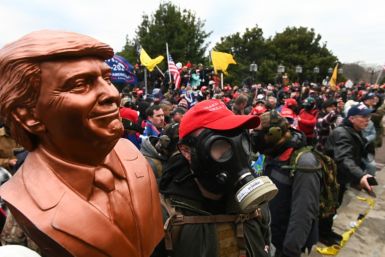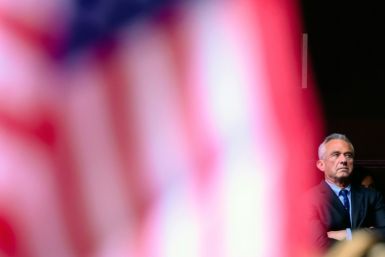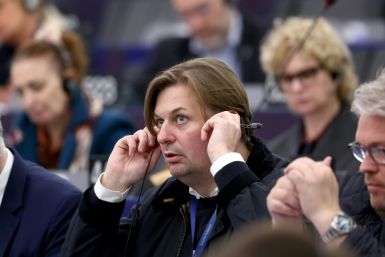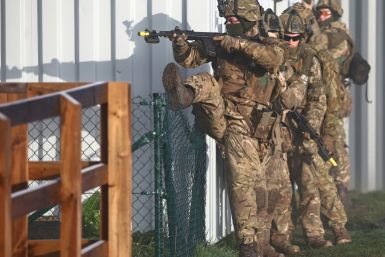US-Russia Tension May Force Moscow To Change Approach To Nuclear Arms Treaty; Military Budget 'Untouched' Amid Crisis
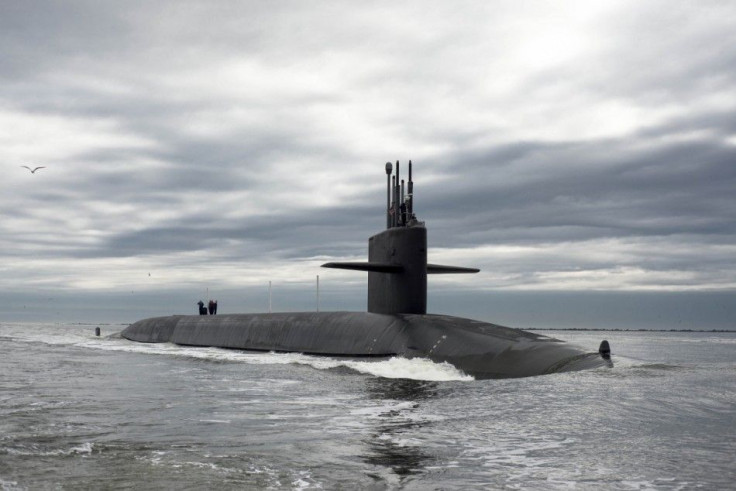
The growing antagonism of the U.S. towards Russia may force Moscow to revise its approach to the nuclear arms treaty. A senior Russian official has revealed the continued hostility may change the way Russia views the Strategic Arms Reduction Treaty.
Mikhail Ulyanov, head of the Foreign Ministry Security and Disarmament Department, told RIA Novosti that Moscow has not taken a specific step towards cutting nuclear weapons but he said Washington may make the government change its policies regarding the treaty. He believes any change would be "natural" considering the U.S. attitude towards Russia.
However, the top Russian diplomat said the current tension between the U.S. and Russia have no effect on the government's disarmament programmes. Ulyanov said the nuclear arms treaty is still in effect as both sides agree that the implementation process is progressing. He added that both the U.S. and Russia don't have any complaints about the other with regards to the treaty.
The new START is the active U.S.-Russia nuclear weapons reduction treaty that allows each party to own a maximum of 1,550 nuclear warheads and 700 deployed carriers, RT News reported. The nuclear arms treaty was established in 2011 with an expiry in 2021.
When U.S. President Barack Obama recommended a further reduction in nuclear weapons in June 2013, Russian President Vladimir Putin only replied that Russia cannot take such steps in the face of the U.S. weapons development and missile defence systems. Mr. Putin has reiterated that Russia will continue to develop its system of space defence as it is the key direction of the entire military industry.
Meanwhile, Russia is planning deep budget cuts in the wake of Western economic sanctions and declining oil prices. According to Wall Street Journal, Russian officials said the proposed cuts will not affect the military defence budget in line with Moscow's militarisation plans.
The U.S. and other Western leaders have been hoping that Russia's economic crisis would prompt Moscow to stop intervening in the Ukraine conflict by ending support for pro-Russian separatists. Previous reports indicate that economists predict Russia to slide into recession within the year with the plunging rouble and double-digit inflation rates.
Russian Prime Minister Dmitry Medvedev said the government was hoping for improved relations with Europe but he believes this may not be happening soon with the sanctions withstanding. Moscow continues to hold out for oil prices to start increasing again.
Read more: US Says Russia Committed to Thwart North Korea's Nuclear Plans But Wary of Militarisation in Black Sea
To report problems or leave feedback for this article, contact: r.su@ibtimes.com.au


